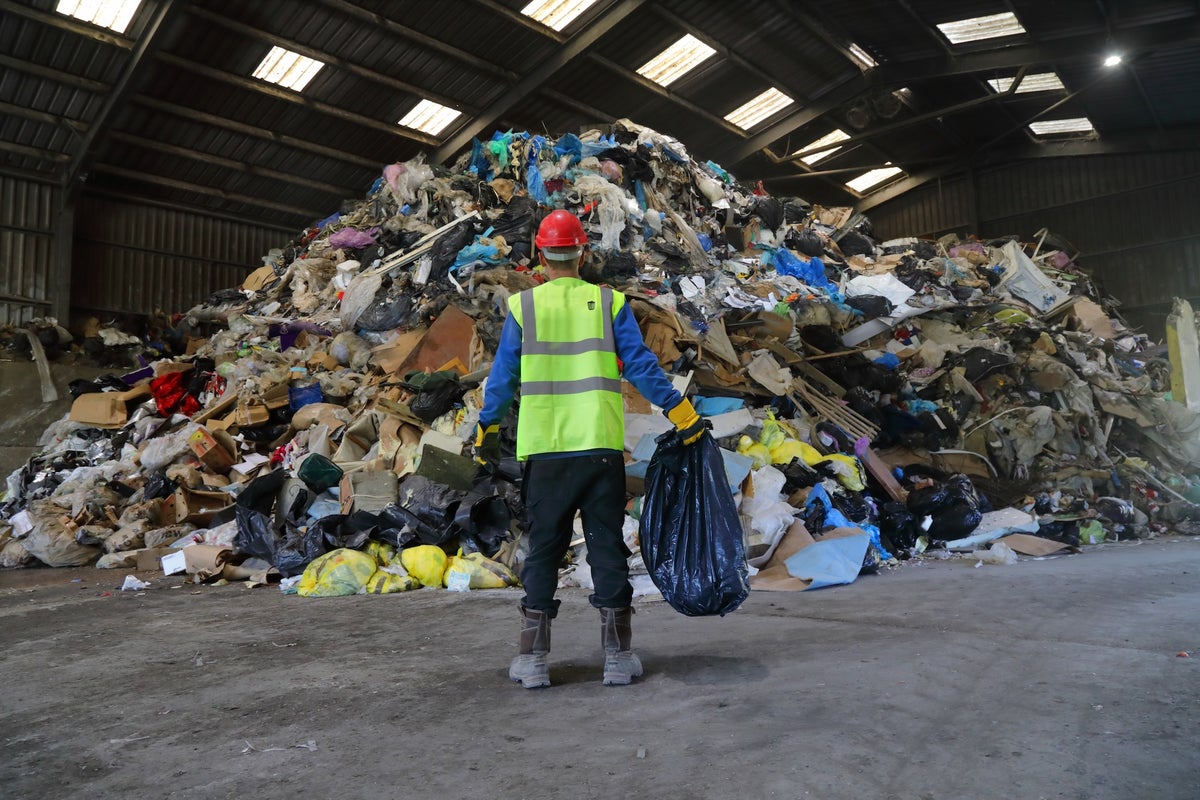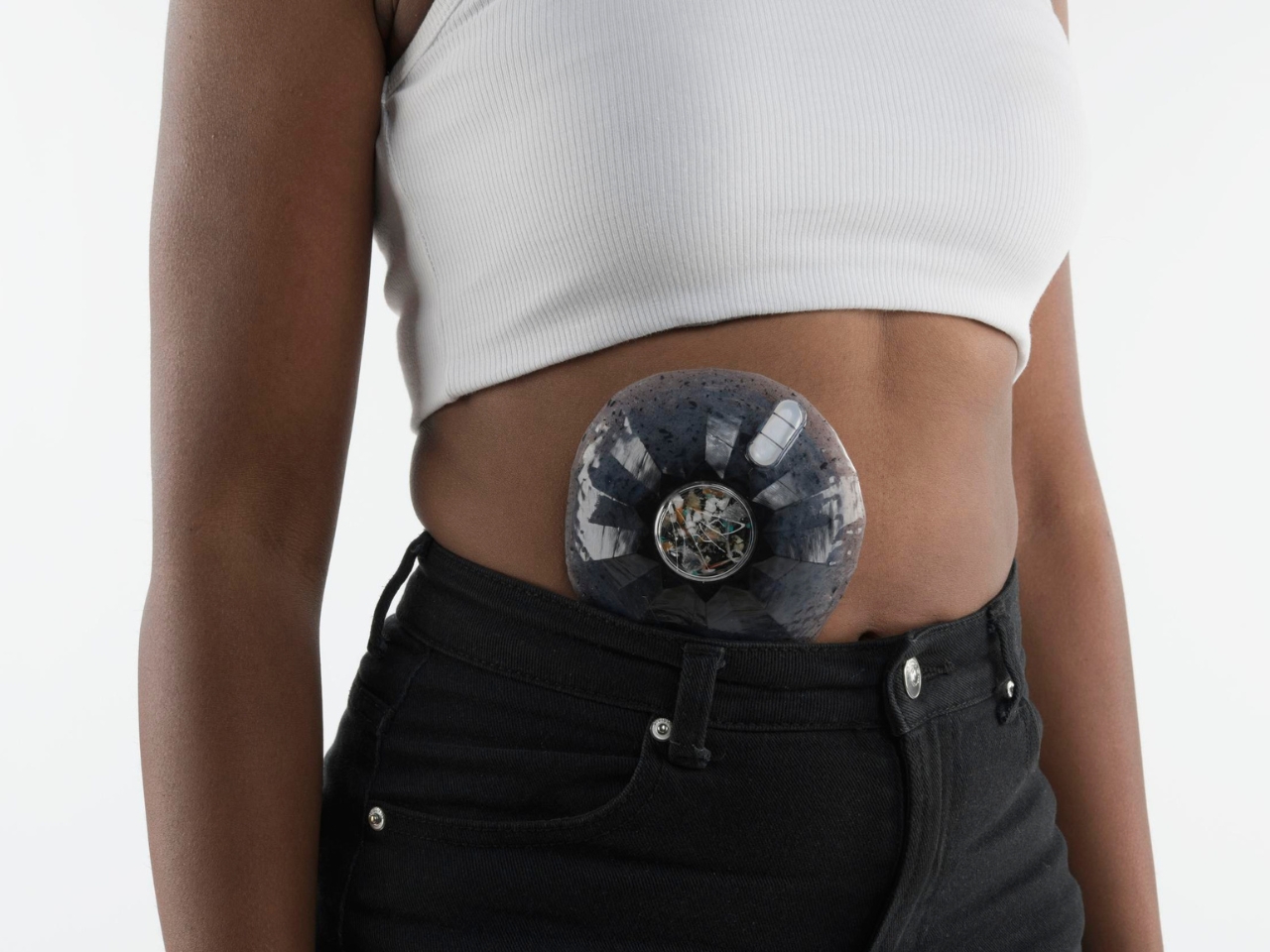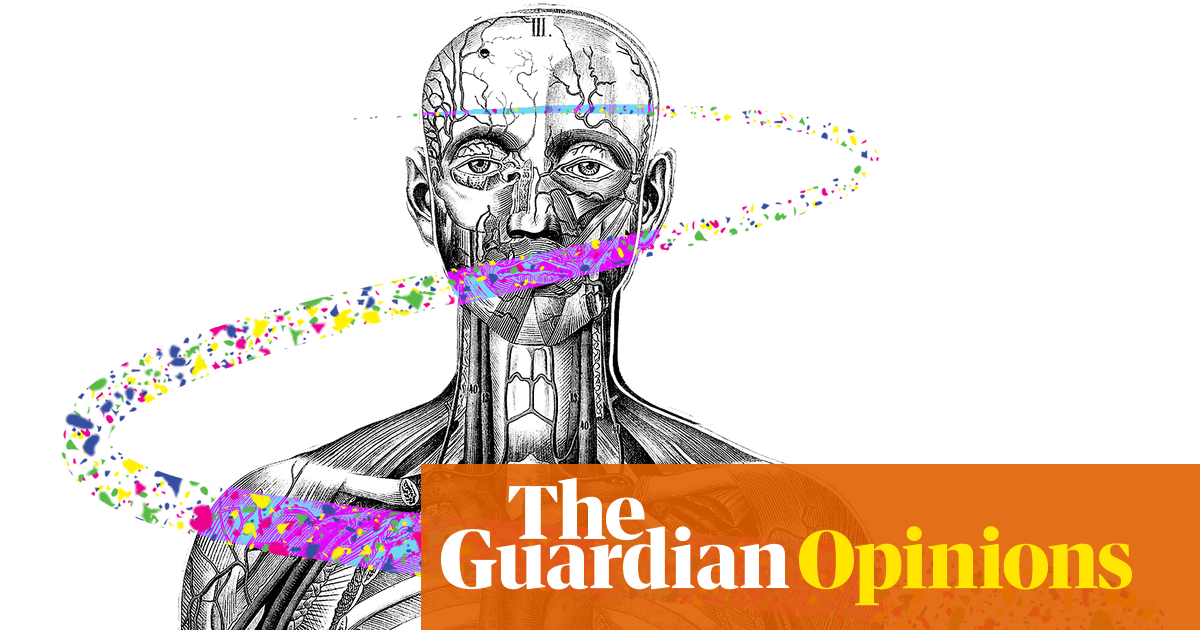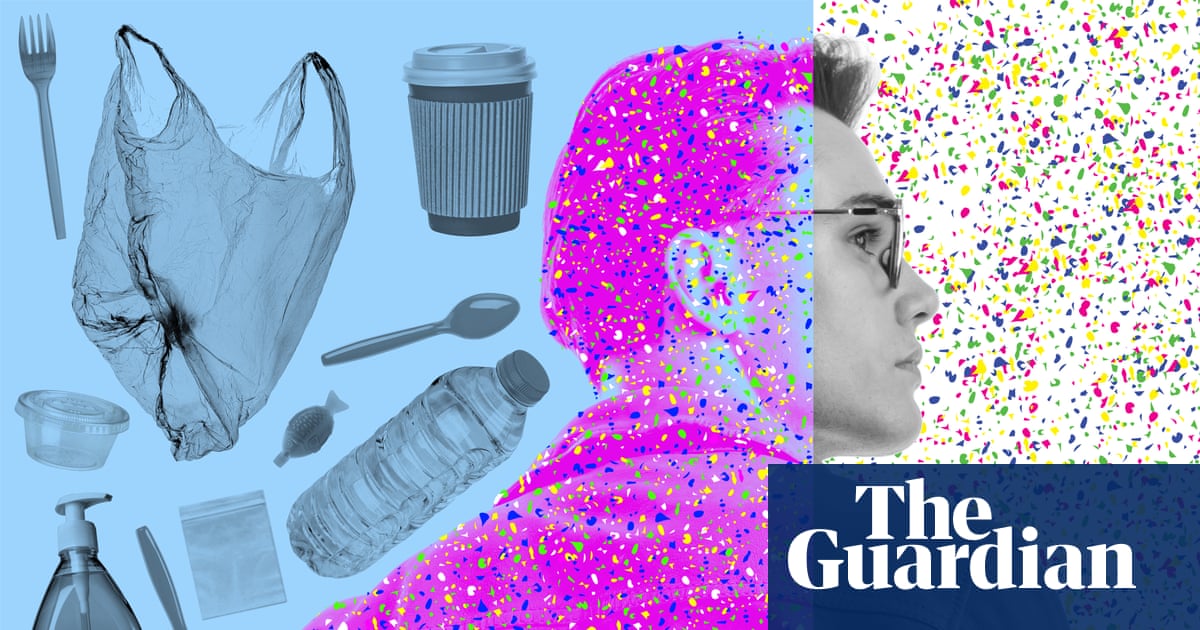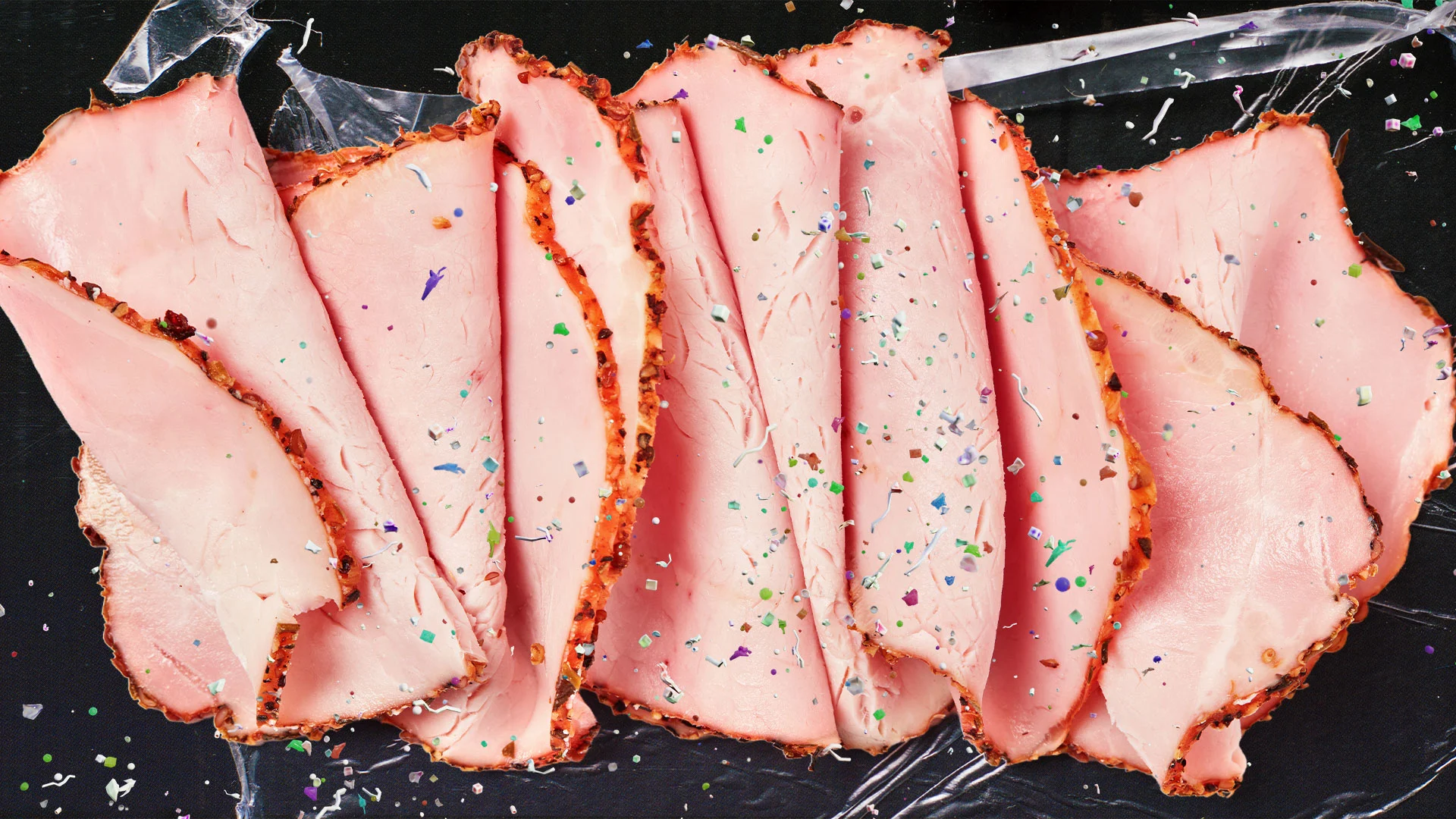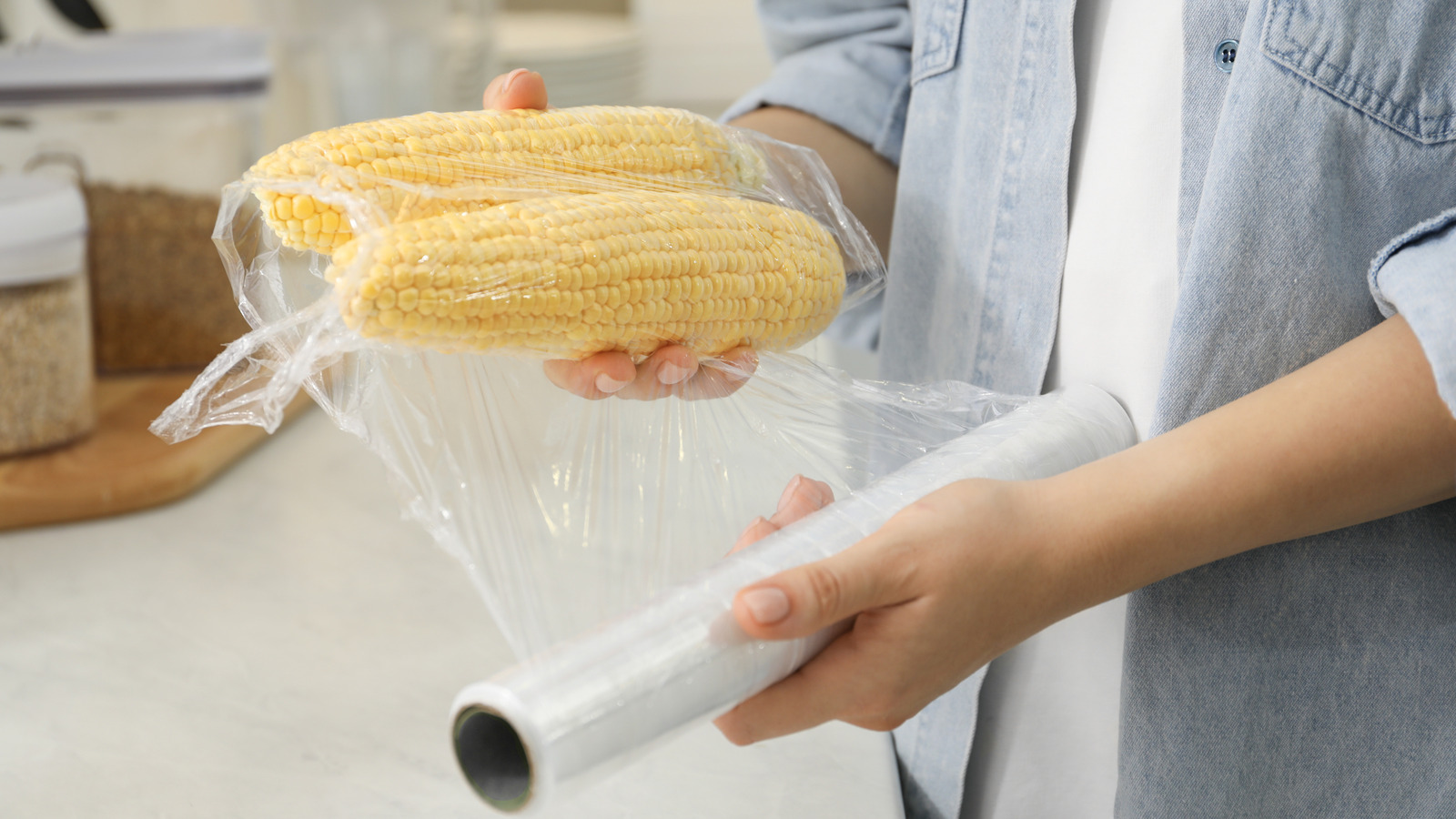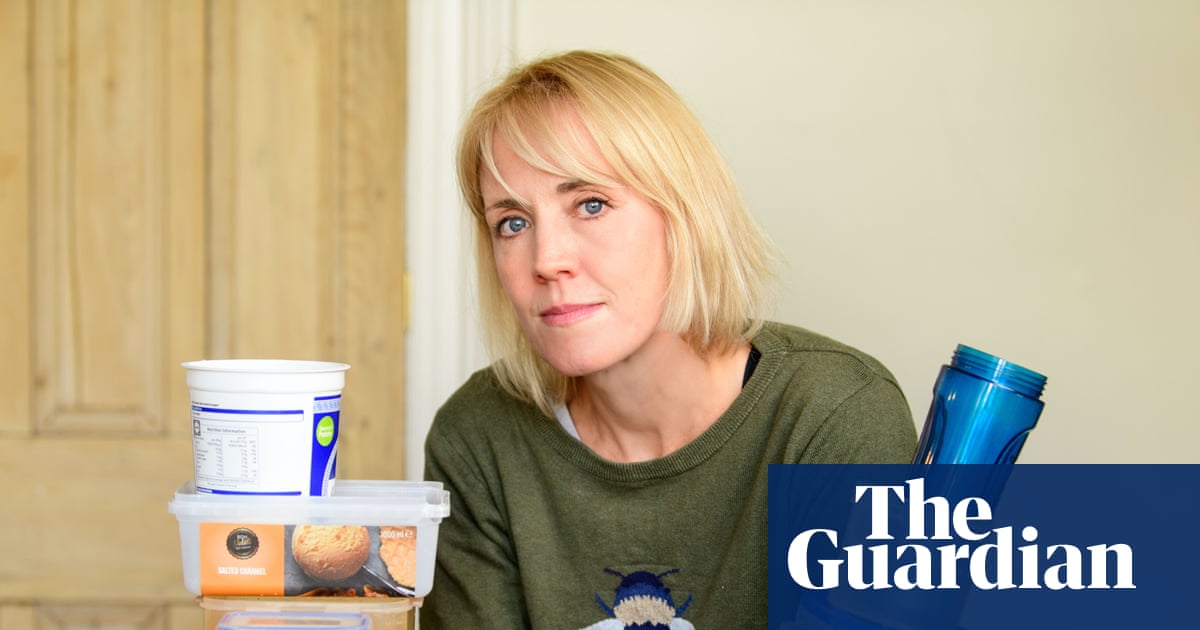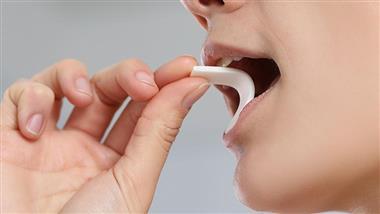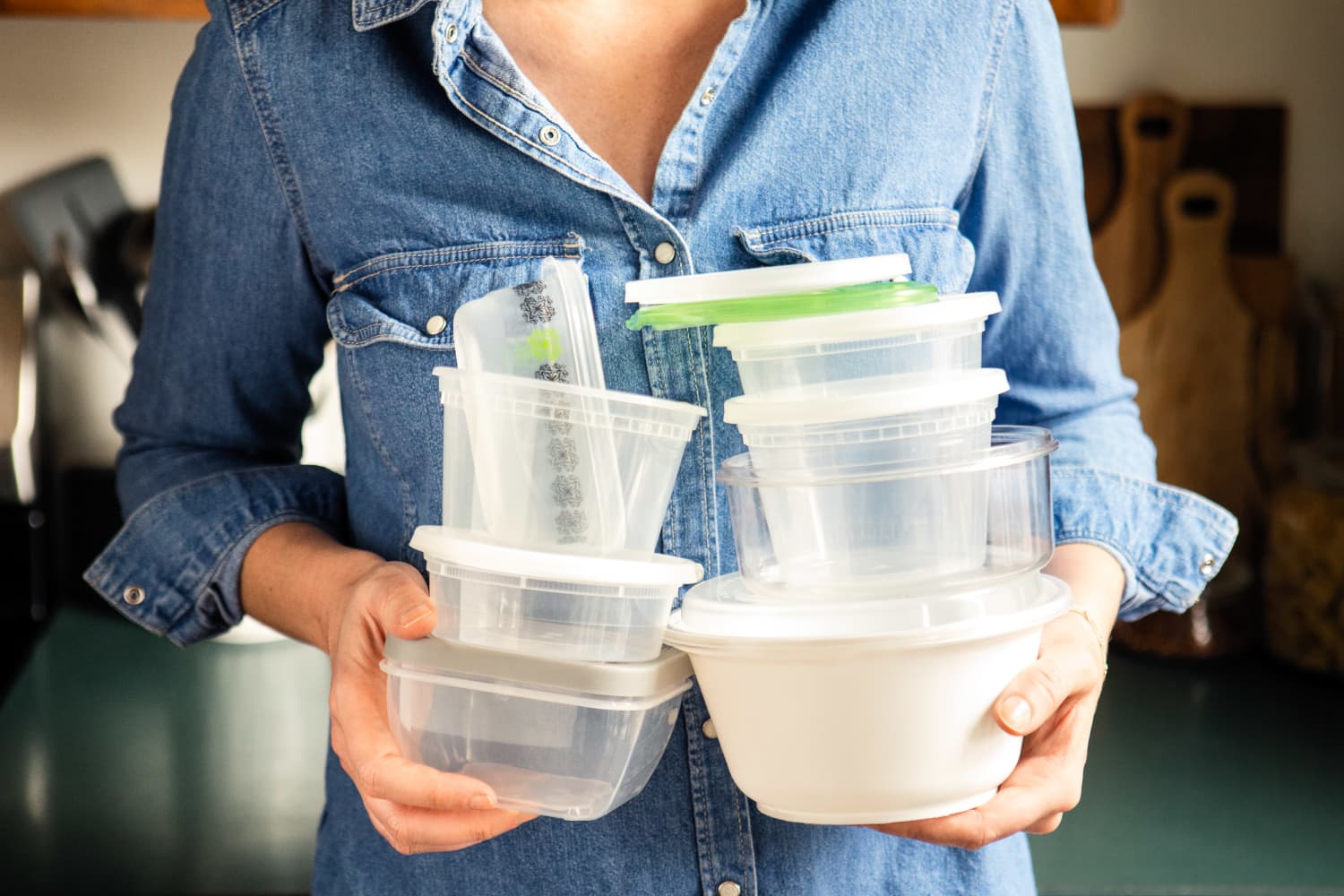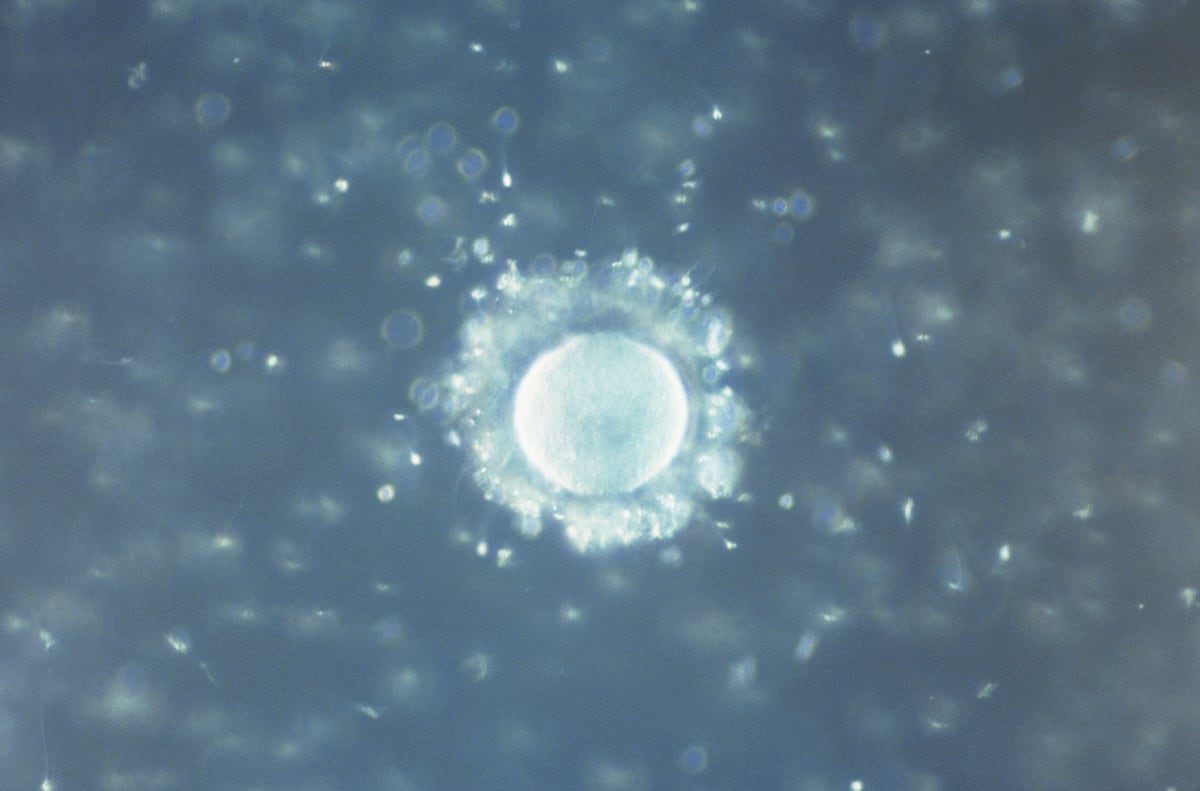#microplastics
#microplastics
[ follow ]
Public health
fromDaily Coffee News by Roast Magazine
4 weeks agoTakeaway Coffee Cups Release Thousands of Microplastic Particles
Heating single-use plastic-lined hot beverage cups releases thousands of microplastic fragments into drinks; cup material and temperature strongly increase microplastic release.
fromwww.scientificamerican.com
3 weeks agoScientists just calculated how many microplastics are in our atmosphere. The number is absolutely shocking
Microplastics are pervasive, found everywhere on Earth, from the Sahara Desert to patches of Arctic sea ice. Yet despite these plastic particles' ubiquity, scientists have struggled to determine exactly how many of them are in our atmosphere. Now a new estimate published in Nature suggests that land sources release about 600 quadrillion (600,000,000,000,000,000) microplastic particles into the atmosphere every year, about 20 times more than the number of particles contributed by oceans (about 26 quadrillion).
Science
Environment
fromFuturism
1 month agoScientists Just Discovered Something Horrid About Those Disposable Coffee Cups You've Been Slurping
Heating common disposable containers releases large quantities of microplastics into beverages, with higher temperatures causing greater release and plastic cups releasing more than paper-lined ones.
fromFuturism
1 month agoWait... All Those Studies May Have "Detected" Microplastics in the Human Body Because of a Severe Error
A deluge of research has painted a picture of our world being drowned in tiny, inescapable microplastics. Our guilt over plastic particles being found in even the most remote regions on Earth turned into paranoia once scientists started discovering them in our own bodies, too - riddling our blood streams, organs, and even our brains, stoking a rush of scientific inquest.
Environment
Environment
fromwww.theguardian.com
1 month agoAre our bodies full of microplastics or not? There's a way to resolve this debate, and scientists must hurry | Debora MacKenzie
Microplastic research claims of widespread bodily contamination and health harm are undermined by methodological flaws and disputed measurements, leaving risks uncertain while science self-corrects.
fromFast Company
1 month agoSome scientists say research on microplastics is flawed: What does it mean for our bodies?
In recent years, there's been a wave of studies reporting that humans are basically full of microplastics: They've been found in our brains, arteries, and even in placentas. But some scientists, quoted and cited in an article published by the Guardian this week, have critiqued some of those findings, saying that microplastics research has been muddied by issues like contamination and false positives.
Public health
Environment
fromFuturism
1 month agoDoctors Find Evidence Microplastics Are Clogging Arteries, Leading to Heart Attacks and Strokes
Microplastics substantially increase arterial plaque (atherosclerosis) in male mice, alter endothelial gene activity, and may directly contribute to cardiovascular disease; estrogen may be protective.
Environment
fromdesignboom | architecture & design magazine
1 month agoare biodegradable fireworks, light shows and drones the clean alternatives to pyrotechnics?
Biodegradable fireworks, drone light shows, and non-plastic pyrotechnics can reduce chemical pollution, microplastics, noise, and wildlife disturbance from traditional fireworks.
Marketing
fromApartment Therapy
2 months agoI'm Never Going Back to Bottled Detergent After Using These Plastic-Free Sheets
Proofed! laundry detergent sheets are plant-based, dissolve completely without microplastics, and provide effective, convenient, 100% plastic-free cleaning in scented or fragrance-free options.
fromwww.theguardian.com
2 months agoVelvet, tartan and puff sleeves: 22 sequin-free party looks for Christmas and beyond
Judging by the sale and well-stocked rails, the items didn't appear to be in demand, and with so many identikit sequin garments in existence (more than 500 black sequin vests at the same price and under on Vinted at the time of writing in the UK), what's the point of producing more every year? You may have guessed I am not a fan of sequins.
Environment
fromFast Company
3 months agoThis startup's plant-inspired tech keeps hundreds of millions of plastic particles out of the ocean
The startup spun out of research at Princeton, where the founders drew inspiration from aquatic plants that can naturally attract microplastic. The plants have fibrous roots coated in a hydrophobic gel that pulls in pollution. "We managed to imitate the geometry and hydrophobility of the aquatic plant root," says cofounder Yidian Liu. "It has a lot of unevenness on the surface that creates little cavities for smaller pollutants to be trapped inside."
Environment
fromTasting Table
3 months agoThese Dollar Tree Mixing Bowls Will Make You Rethink The Value Of Metal Kitchenware - Tasting Table
Dollar Tree strikes again; its budget-friendly pricing has a knack for enticing cooks to question their go-to tools. When it comes to mixing bowls, though, there could be a fresh debate on the horizon. Metal kitchenware is a classic choice for domestic and professional kitchens alike. Yet Dollar Tree has released Plastic Mixing Bowls with Handles, and their convenience might just leave you reconsidering your loyalties.
Cooking
fromApartment Therapy
3 months agoI Finally Found a Laundry Detergent Sheet That's 100% Plastic-Free
They're essentially dried-down sheets of concentrated laundry detergent that dissolve in the washing machine. Lots of brands are making them, but none have made them completely plastic-free (until now with the Proofed! sheets). Yes, most sheets (and laundry detergent pods) contain sneaky microplastics, like polyvinyl alcohol or PVA, which are used as a binding agent. They break down in the wash but never really go away, as they leak into water systems and contribute to the growing plastic pollution problem.
Environment
fromABC7 San Francisco
4 months agoStanford teams tracking the path of microplastics from source to sea
"So as a scientific community, we know that microplastics are everywhere, but we don't exactly know how they get everywhere or where they come from. And if we're going to do anything to mitigate this problem, that's a really important question that we need answered," says Savoca, who is based at Stanford's Hospkins Marine Station on Monterey Bay.
Environment
fromRemodelista
4 months agoPlastic-Free Kitchen: 10 Kitchen Swaps for a Healthier Home
But as evidence mounts on plastics and microplastics and their effect on human health, it's impossible to ignore. Studies now link hormone-disrupting chemicals like BPA and phthalates to fertility issues, developmental disorders, and chronic disease. And even if the science is still evolving, the finding that the average person consumes the equivalent of a credit card's worth of plastic each week is unforgettable.
Remodel
Medicine
fromdesignboom | architecture & design magazine
4 months agofungi-made prosthetic organ extracts and breaks down microplastics inside human bodies
A fungi-made prosthetic 79th Organ filters bloodstream microplastics and enzymatically breaks them down using bioengineered mycelium, creating a living detox organ.
fromAxios
4 months agoThe new fashion label check: 100% cotton
Catch up quick: Fast fashion makes it easy to buy cheap, trendy clothes. But some shoppers, especially those focused on sustainability, are shunning what they see as low-quality synthetics in everything from basics to luxury brands. Just this week, some Swifties were seeing red about Taylor's latest limited-edition cardigan, partly because it's made from a lot of plastic. State of play: Roughly 9,000 TikTok posts were tagged #NaturalFibers during the first half of 2025 - up more than 230% from the same time last year, according to data the platform shared with Axios.
Fashion & style
fromFast Company
5 months ago4 policy solutions cities and states are using to tackle the microplastics problem
Microplastics seem to be everywhere-in the air we breathe, the water we drink, and the food we eat. They have turned up in human organs, blood, testicles, placentas, and even brains. While the full health consequences of that exposure are not yet known, researchers are exploring potential links between microplastics and negative health effects such as male infertility, inflammation, liver disease and other metabolic problems, and heart attack or stroke.
Environment
fromApartment Therapy
5 months agoI Cleaned with My Magic Eraser Every Day - Until I Saw This Disturbing Study (I'll Never Use It Again!)
These "magic" sponges are made of melamine foam, a lightweight plastic material with a fine grit that acts like sandpaper to lift grime and tackle tough messes with minimal effort. Just add water, scrub a little bit, and watch the trickiest messes disappear in no time. Their mix of simplicity and power has made them a must-have cleaning tool around the world - but all that "magic" may come at a cost.
Environment
fromwww.theguardian.com
5 months agoDisposable face masks used during Covid have left chemical timebomb, research suggests
The surge in the use of disposable face masks during the Covid pandemic has left a chemical timebomb that could harm humans, animals and the environment, research suggests. Billions of tonnes of plastic face masks created to protect people from the spread of the virus are now breaking down, releasing microplastics and chemical additives including endocrine disruptors, the research found.
Environment
fromWIRED
5 months agoMicroplastics and Particulate Matter Have Invaded Your Home. The Solution? Your Vacuum
Global Earth Day published studies that found pets and babies are especially at risk for microplastic exposure from household dust. Both household members stay low to the ground-closer to dust, microplastics, and particulates that are invisible to the naked eye on carpets and floors-and put everything in their mouths, making it easier for them to ingest microplastic dust that could be on those objects.
Environment
fromThe Atlantic
5 months agoModern Dentistry Is a Microplastic Minefield
If you are like me, you brush your teeth-too vigorously, I'm told-with a plastic rack of plastic bristles. You use your plastic brush to lather a paste pushed from a plastic tube. When you have a cavity, you go to a dentist who might
Medicine
fromwww.theguardian.com
7 months agoMillions of tonnes of toxic sewage sludge spread on UK farmland every year
Despite the apparent benefits of treated sewage sludge as a fertilizer, it poses significant environmental risks due to the presence of 'forever chemicals', microplastics, and toxic waste, which current regulations fail to adequately address.
Environment
[ Load more ]







